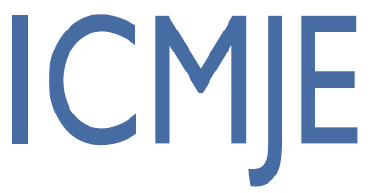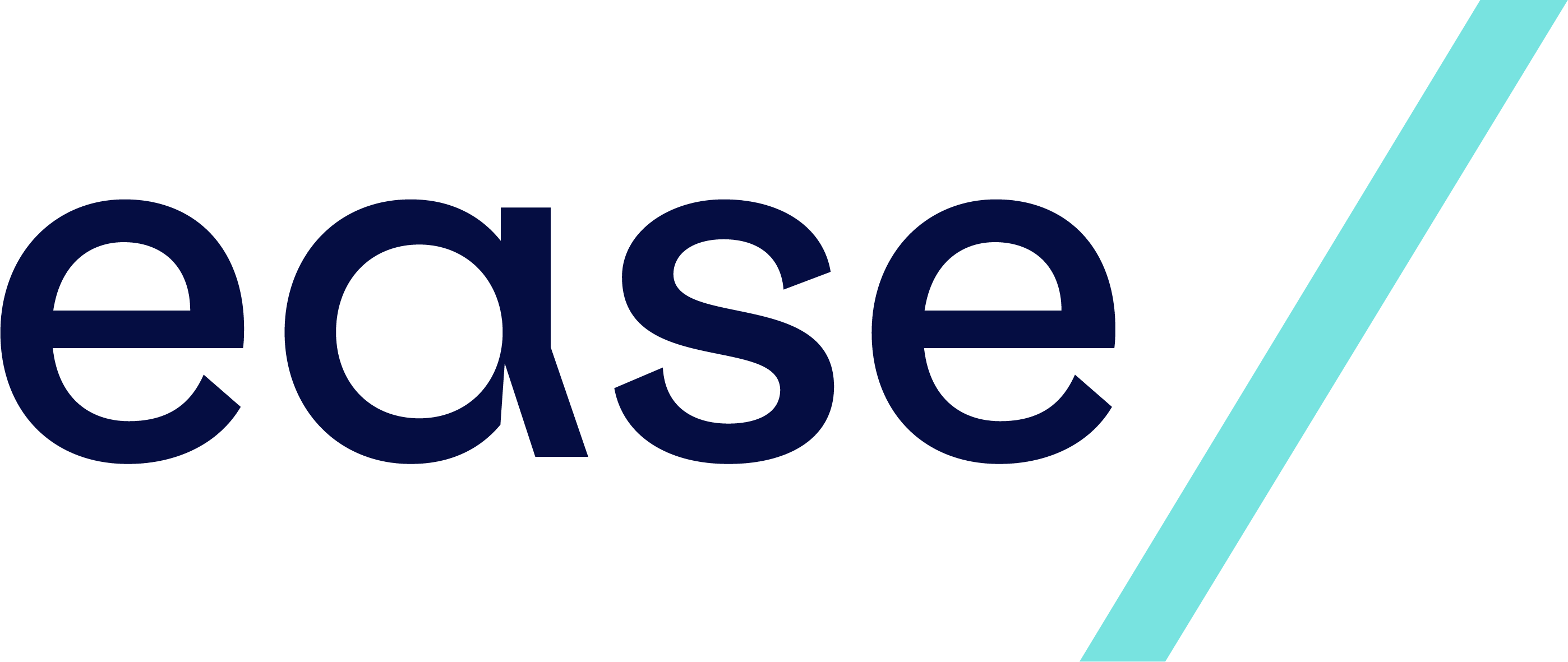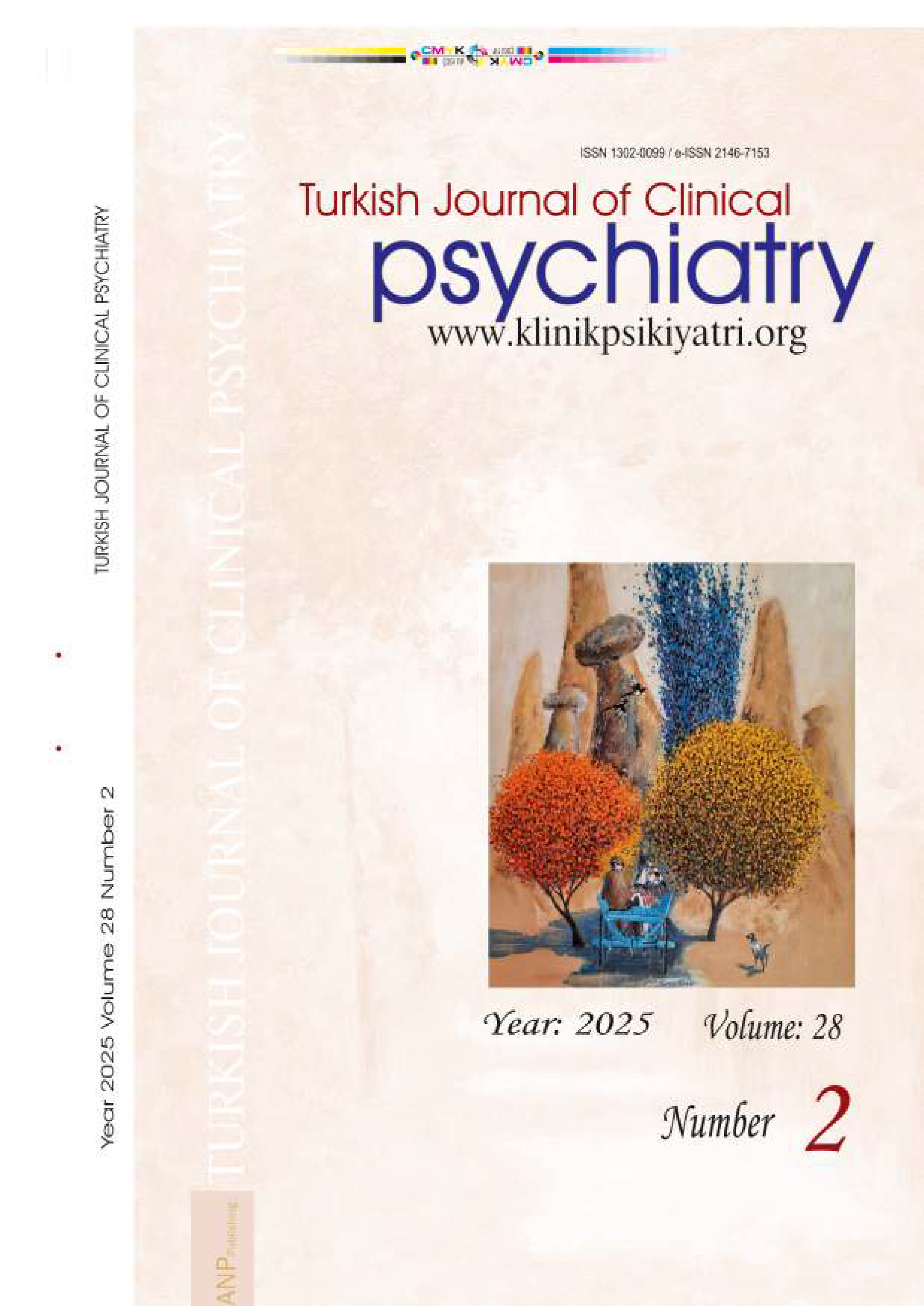





Investigation of adolescents diagnosed with exogenous obesity in terms of Internet, smartphone usage characteristics and psychopathologies
Gülnur Baş1, Ömer Kardaş2, Burcu Kardaş2, Edip Ünal31University of Health Sciences Mardin Training and Research Hospital2Kocaeli University School Of Medicine, Child And Adolescent Psychiatry Department
3Dicle University School of Medicine, Pediatric Endocrinology Department
INTRODUCTION: In this study, it was aimed to investigate comorbid psychopathologies, internet/smartphone addiction and usage characteristics in adolescents diagnosed with exogenous obesity.
METHODS: 48 obese subjects aged 12-18 years, diagnosed with exogenous obesity, and 49 healthy adolescents without obesity were included in the study. Comorbid psychopathologies were screened with the “Schedule for Affective Disorders and Schizophrenia for School-Age Children-Present and Lifetime Version (K-SADS)”. Young Internet Addiction Scale (YIAS), Smartphone Addiction Scale-Short Form (SAS-SF), Addiction Profile Index-Internet Form (BAPINT) were administered to the patient and control groups; Atilla Turgay DSM-IV-Based Screening and Evaluation Scale for Conduct Disorders in Children and Adolescents was applied to their parents.
RESULTS: As a result of our study; In the case group, the presence of mental illness and obesity in the family, the duration of internet and smart phone use, snacking in front of the screen and spending time in virtual games were found to be significantly higher (p<0.05). In terms of the scales, it was determined that the YİBÖ, ATBÖ, BAPİNT and Atilla Turgay Scale scores were significantly higher in the case group (p<0.05). As a result of K-SADS, it was seen that adolescents with exogenous obesity had more psychiatric diagnoses when compared to the control group.
DISCUSSION AND CONCLUSION: Our study shows that besides the biological aspect of obesity, it also progresses with a high rate of mental problems. Considering the difficulty of obesity treatment and the excess of complications, biopsychosocial interventions and multidisciplinary approaches including mental health professionals are important for the prevention and treatment of pediatric obesity.
Ekzojen obezite tanılı ergenlerin internet, akıllı telefon kullanım özellikleri ve psikopatolojiler açısından araştırılması
Gülnur Baş1, Ömer Kardaş2, Burcu Kardaş2, Edip Ünal31Sağlık Bilimleri Üniversitesi Mardin Eğitim ve Araştırma Hastanesi2Kocaeli Üniversitesi Tıp Fakültesi, Çocuk Ve Ergen Psikiyatri Anabilim Dalı
3Dicle Üniversitesi Tıp Fakültesi, Pediatrik Endokrinoloji Bilim Dalı
GİRİŞ ve AMAÇ: Bu çalışmada, ekzojen obezite tanılı ergenlerde komorbid psikopatolojilerin, internet/akıllı telefon bağımlılığının ve kullanım özelliklerinin araştırılması amaçlanmıştır.
YÖNTEM ve GEREÇLER: Çalışmaya ekzojen obezite tanısı almış 12-18 yaş aralığında olan 48 obez olgu ile, obezitesi olmayan, sağlıklı 49 ergen alınmıştır. Komorbid psikopatolojiler “Okul Çağı Çocukları için Duygulanım Bozuklukları ve Şizofreni Görüşme Çizelgesi-Şimdi ve Yaşam Boyu Şekli (K-SADS)” ile taranmıştır. Hasta ve kontrol grubuna Young İnternet Bağımlılığı Ölçeği (YİBÖ), Akıllı Telefon Bağımlılığı Ölçeği-Kısa Form (ATB-KF), Bağımlılık Profil İndeksi-İnternet Formu (BAPİNT); ebeveynlerine Atilla Turgay Çocuk ve Ergenlerde Davranım Bozuklukları için DSM IV’e Dayalı Tarama ve Değerlendirme Ölçeği uygulanmıştır.
BULGULAR: Çalışmamızın sonucunda; vaka grubunda ailede ruhsal hastalık ve obezite varlığı, internet ve akıllı telefon kullanım süreleri, ekran karşısında atıştırma ve sanal oyunlarda vakit geçirme anlamlı düzeyde fazla bulunmuştur (p<0,05). Ölçekler açısından bakıldığında YİBÖ, ATBÖ, BAPİNT ve Atilla Turgay Ölçeği puanları vaka grubunda anlamlı olarak daha yüksek olduğu saptanmıştır (p<0,05). K-SADS sonucunda ekzojen obezitesi mevcut ergenlerin kontrol grubu ile karşılaştırıldığında daha fazla psikiyatrik tanı aldığı görülmüştür.
TARTIŞMA ve SONUÇ: Çalışmamız obezitenin biyolojik yönünün yanı sıra yüksek oranda ruhsal sorunlarla da seyrettiğini göstermektedir. Obezite tedavisinin zorluğu, komplikasyonlarının fazlalığı düşünüldüğünde pediatrik obezitenin önlenmesi ve tedavisi amacıyla biyopsikososyal müdaheleler ve ruh sağlığı çalışanlarının dahil olduğu multidisipliner yaklaşımlar önem arz etmektedir.
Manuscript Language: Turkish
(1111 downloaded)










